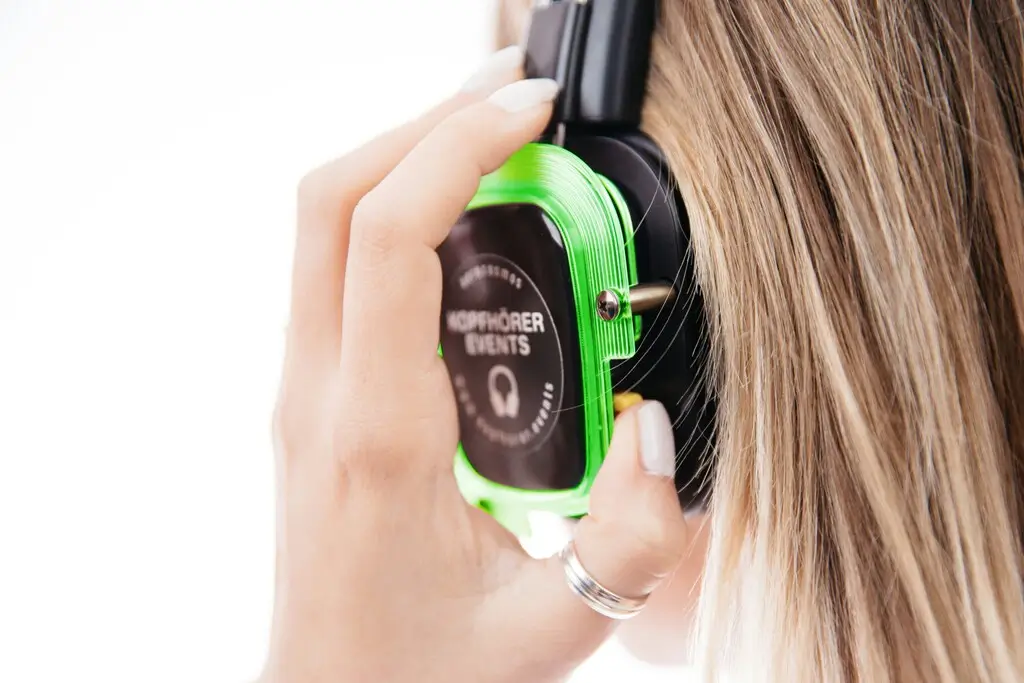Home Workplace Hearing Safety: Decibel Levels, Risks, & Protection
Workplace Hearing Safety: Decibel Levels, Risks, & Protection
Occupational noise exposure is a leading cause of hearing loss in the workplace. Jobs in construction, music, and manufacturing often go over safe decibel limits, and that can lead to industrial hearing loss, tinnitus, or trouble hearing on the job. Thankfully, with the right protection and regular checkups, it’s preventable. NYC Hearing Associates offers expert testing and tools for preventing occupational hearing loss in any workplace.



Why Workplace Hearing Safety Matters

Noise on the job is a nuisance, yes – but it can also be a real risk to your hearing health. If you spend your workday in a loud environment, even short bursts of high sound levels can take a toll over time.
Hearing loss in the workplace affects more than your ears. It can impact how you communicate, stay focused, and respond in critical moments. The good news? It’s also one of the most preventable types of sensory loss.

Understanding Decibel Levels in the Workplace
Sound is measured in decibels (dB), and the louder it is, the less time it takes to do damage. Exposure to 85 dB or more over an eight-hour shift is considered the threshold for risk – and plenty of common environments pass that mark.
Here’s a quick comparison:
- Office chatter: 60 dB
- Vacuum cleaner: 75 dB
- Busy restaurant: 85 dB
- Circular saw or drill: 100 dB+
- Live concert: 110 dB+
So what decibel level requires hearing protection? Anything 85 dB or higher, especially if you’re around it every day.
Common Workplace Risks & High-Risk Occupations

Jobs that use heavy equipment or loud tools tend to carry higher risk for occupational hearing loss. Common high-exposure roles include:
- Construction and road crews
- Factory and warehouse workers
- Musicians, sound techs, and live event staff
- Airport ground crews
- First responders and military service members
But even open-office environments with constant background noise can lead to gradual hearing fatigue and focus issues.

Health Effects of Occupational Noise
Without proper protection, daily noise exposure can cause:
- Short-term hearing shifts (sounds feel muffled or distant)
- Ringing or buzzing in the ears (tinnitus)
- Long-term industrial hearing loss
- Communication breakdowns and increased workplace errors
Once those sensory cells in your inner ear are damaged, they don’t regenerate – which is why early prevention matters so much.
Prevention: How to Protect Your Hearing at Work
Every workplace is different, but the best protection plans usually include:
- Wearing proper PPE: earplugs, earmuffs, or custom-fitted Hearing Devices
- Rotating time in high-decibel zones
- Creating low-sound spaces for recovery
- Monitoring noise levels regularly
The goal is simple: reduce the intensity and duration of sound exposure so your ears have time to rest and recover.
The Importance of Regular Hearing Screenings
Routine screenings are the best way to catch subtle hearing changes early – before they become harder to manage. At NYC Hearing Associates, our Hearing Specialist Services include full evaluations for individuals and workplace teams.
We’ll walk you through what your current profile looks like, answer questions, and recommend protective options that fit your environment. It’s not just about checking a box – it’s about protecting how you hear, connect, and perform every day.
Support & Solutions from NYC Hearing
Our team works directly with employees, employers, and union reps to:
- Identify real-world risks in your work environment
- Offer accurate, no-pressure testing
- Fit comfortable, effective hearing protection and hearing evaluation follow-ups
- Provide practical tools and advice you can actually use
We don’t do one-size-fits-all. We do solutions that match your job and your lifestyle.
Book a Consultation
Whatever your profession entails – being on job sites, on tour, or behind a noisy espresso machine – your ears are working hard. Let’s protect them.
Get in touch with our team to book a hearing screening, explore gear options, or talk through your needs with someone who gets it.




